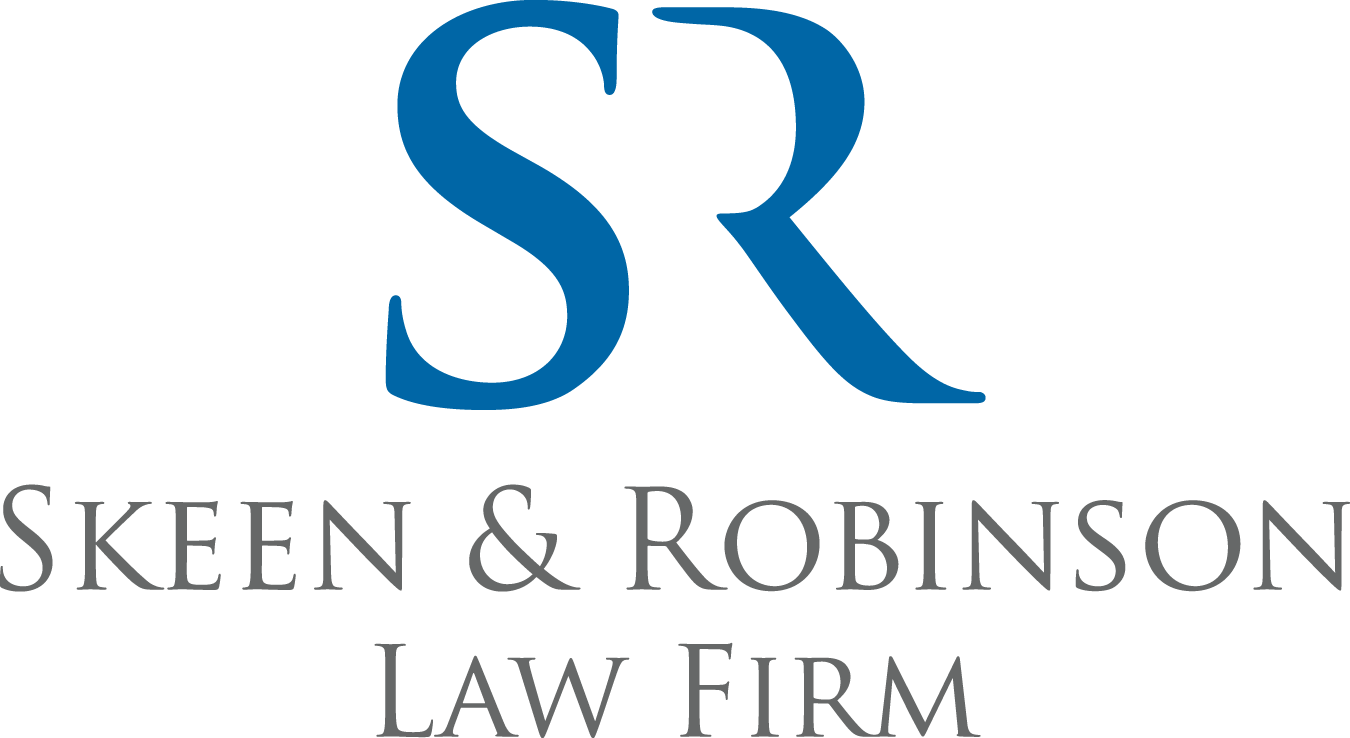
Arraingment
An arraignment is a court hearing during which you will go before a judge. It may be your first court appearance for an arrest, though it might also be your second if you briefly went before a judge or magistrate to have your bail set. For misdemeanors, your initial appearance and arraignment may be conducted at the same hearing. For felonies, it is common to have an initial appearance and then a full arraignment at a later date.
The arraignment is not a lengthy process. However, it is a crucial part of the criminal justice system. It can be to your advantage to have a lawyer with you at the arraignment. However, if you go through your arraignment without an attorney, you still have the right to hire one. You should contact Skeen & Robinson as soon as possible. We can explain your rights and your legal options, then guide you through this process with compassion. We are here to fight for you and your freedom. Call us today at 801- 266-7414.
When Is The Arraignment?
Your arraignment is usually within a couple days of your arrest. The longest you may have to wait is until Monday if you are arrested on a Friday. If you have waited more than 72 hours, you or your family should contact an attorney immediately to determine why there has been a delay.
What Happens At The Arraignment?
An arraignment is not a trial. There will not be evidence, witnesses, questioning, or a jury. The judge will not make any determinations regarding facts, innocence, or guilt. Instead, this hearing is more procedural in nature.
The judge will tell you:
- The formal charges against you.
- You have the right to an attorney, and if you cannot afford one, a defender will be assigned to your case.
- You have the right to remain silent.
- You have the right to a preliminary hearing if you were arrested for a felony and there was not an indictment.
- Whether you are entitled to bail, and if so, the amount.
- The conditions placed on being released on bail.
- Your right to a jury trial, except in some misdemeanor cases.
- If you plead guilty or no contest, your case can be completed immediately.
If you have an attorney, however, they will speak for you. Since this is not the trial, it is not the time to profess your innocence or argue with the judge. Your attorney can fight for the charges to be dropped or reduced at a later time. Also, if you choose to move forward with a trial, your attorney will build the strongest defense possible under the law. Arguing during your arraignment or making negative comments will only reflect badly upon your character and could lead to a higher bail amount or harsher bail conditions.
You Must Plead Guilty, Not Guilty, Or No Contest At Your Arraignment
An arraignment is the first time you will enter a plea in regard to the charges against you. You can plead not guilty, which means you completely denying committing any crime. You may plead guilty, which means you admit to committing the crime. You can also plead no contest, which means you do not admit guilt, yet you cannot overcome the facts stated in the prosecutor’s complaint against you. While a pleading of no contest can resemble pleading guilty, it is inherently different as it cannot be used against you in future civil or criminal court proceedings.
If you are unsure of your rights following your arrest or have not had the opportunity to work with a lawyer yet, you or our attorney may ask the court for an extension. You may ask for time to consult with your family and attorney and decide how to plead. However, you can also plead not guilty at your arraignment, which will give you time to prepare for the trial with your lawyer. You can change your plea at a later date.
Schedule A Confidential Consultation
We offer a no-obligation consultation for you to discuss the details of your case openly. Use the online contact form or call 801-266-7414 to meet with the firm's highly qualified Utah criminal defense and malpractice attorneys. The firm is located in Salt Lake City at 5788 South 900 East, and represents clients in northern Utah. Our track record is evidence of our ability to produce positive results in high-pressure situations.
